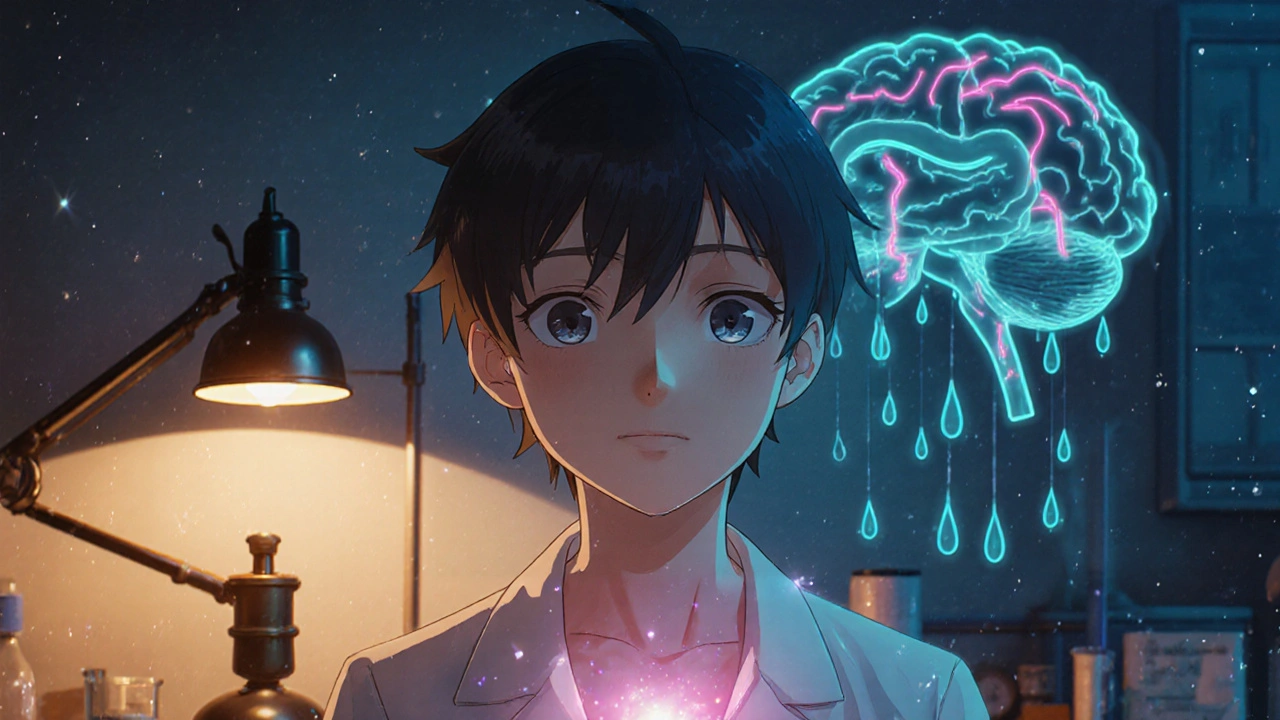When your body doesn’t have enough iron, a mineral essential for making hemoglobin, the protein in red blood cells that carries oxygen. Also known as iron deficiency anemia, it’s one of the most common nutrient shortages worldwide. You might feel worn out, dizzy, or short of breath—even if you’re sleeping enough and eating well. That’s because without enough iron, your blood can’t deliver oxygen properly to your muscles, brain, and organs.
Iron deficiency doesn’t just happen from eating too little meat. It can come from heavy periods, pregnancy, stomach issues like ulcers or celiac disease, or even long-term use of certain painkillers. Your ferritin levels, the stored form of iron in your body are often the first to drop, long before your hemoglobin, the oxygen-carrying protein in red blood cells falls. That’s why many people feel off for months before a blood test confirms the problem. If you’ve been told you’re "just stressed" or "anemic" without testing ferritin, you might be missing the real cause.
It’s not just about popping an iron pill. The type of iron you take matters—heme iron from animal sources is absorbed better than non-heme iron from plants. Vitamin C helps your body grab onto plant-based iron, while coffee and calcium can block it. Some people need injections or IV iron because their guts won’t absorb pills. And if your iron keeps dropping even after treatment, there’s usually a deeper issue: internal bleeding, thyroid problems, or chronic inflammation.
The posts here don’t just list facts—they show you what actually works. You’ll find real comparisons between supplements, how certain medications like atenolol might quietly affect your iron levels, and how conditions like lupus or chronic fatigue can tie into low iron. No fluff. No guesswork. Just clear, practical info from people who’ve been there.

Explore how iron, B12 and folate deficiencies fuel stress, and how chronic stress worsens anemia. Learn symptoms, diet tips, stress‑busting habits and when to see a doctor.
